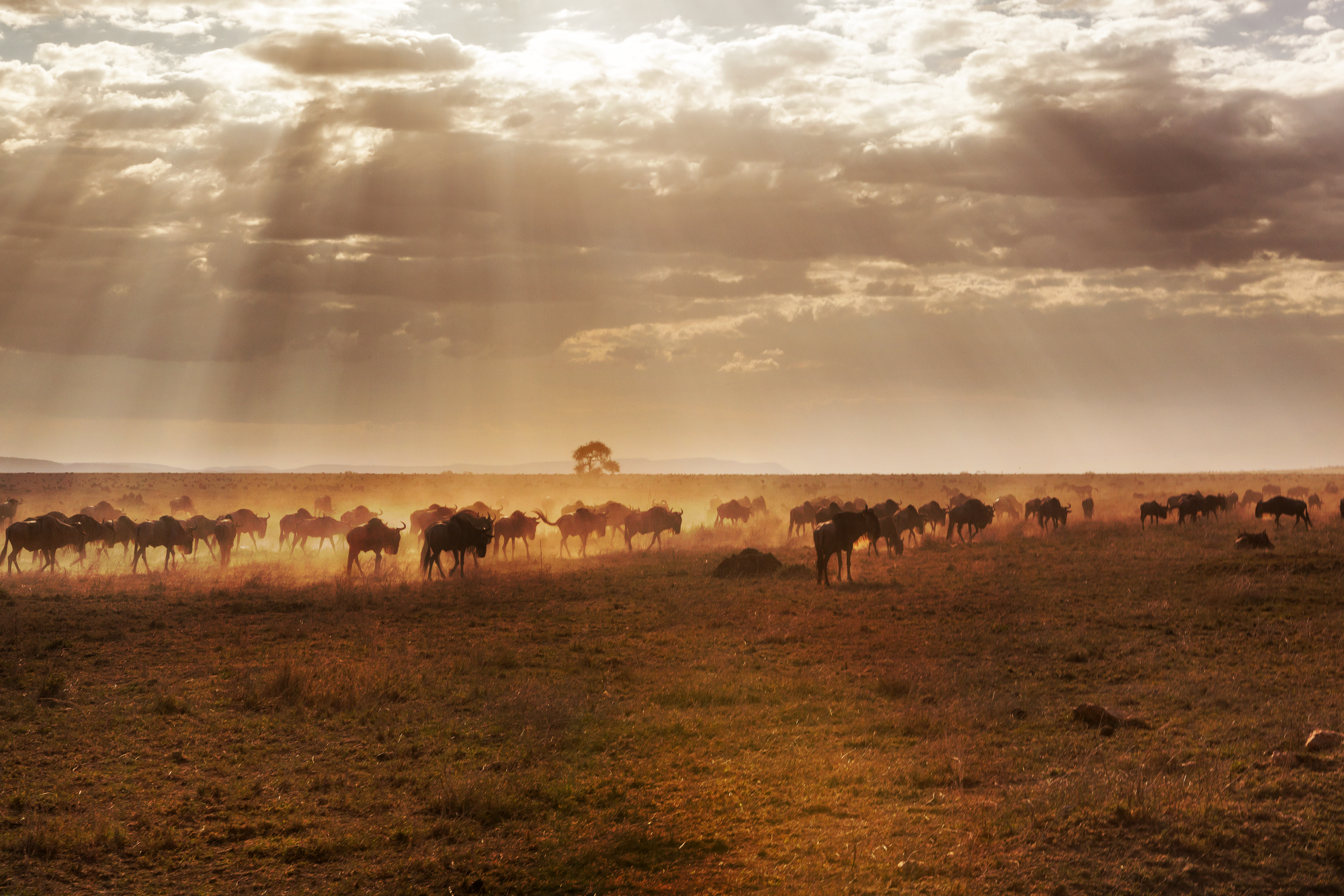A recent study of the Tsimane people, a hunter-gatherer society in the Amazon, sheds light on why men hunt in traditional communities. For years, experts have debated whether men hunt mainly to feed their families or to impress others and boost their social status. To help answer this, researchers tracked hormone levels—specifically testosterone and cortisol—before, during, and after hunting trips.
They found that when a man successfully made a kill, both hormones spiked and stayed elevated as he returned home, similar to what happens after winning a big competition. At first, this seemed to support the idea that hunting might be about showing off. But the study also found that hormone levels didn’t change based on the size of the animal or whether anyone saw the hunter returning. That’s a key point.
The findings suggest that hunting among the Tsimane men is driven more by the need to provide for their families than by the desire to signal strength or status. This supports the broader view held by many conservation-minded hunters: that hunting is rooted in responsibility, provision, and connection to community—not just ego or showmanship.

